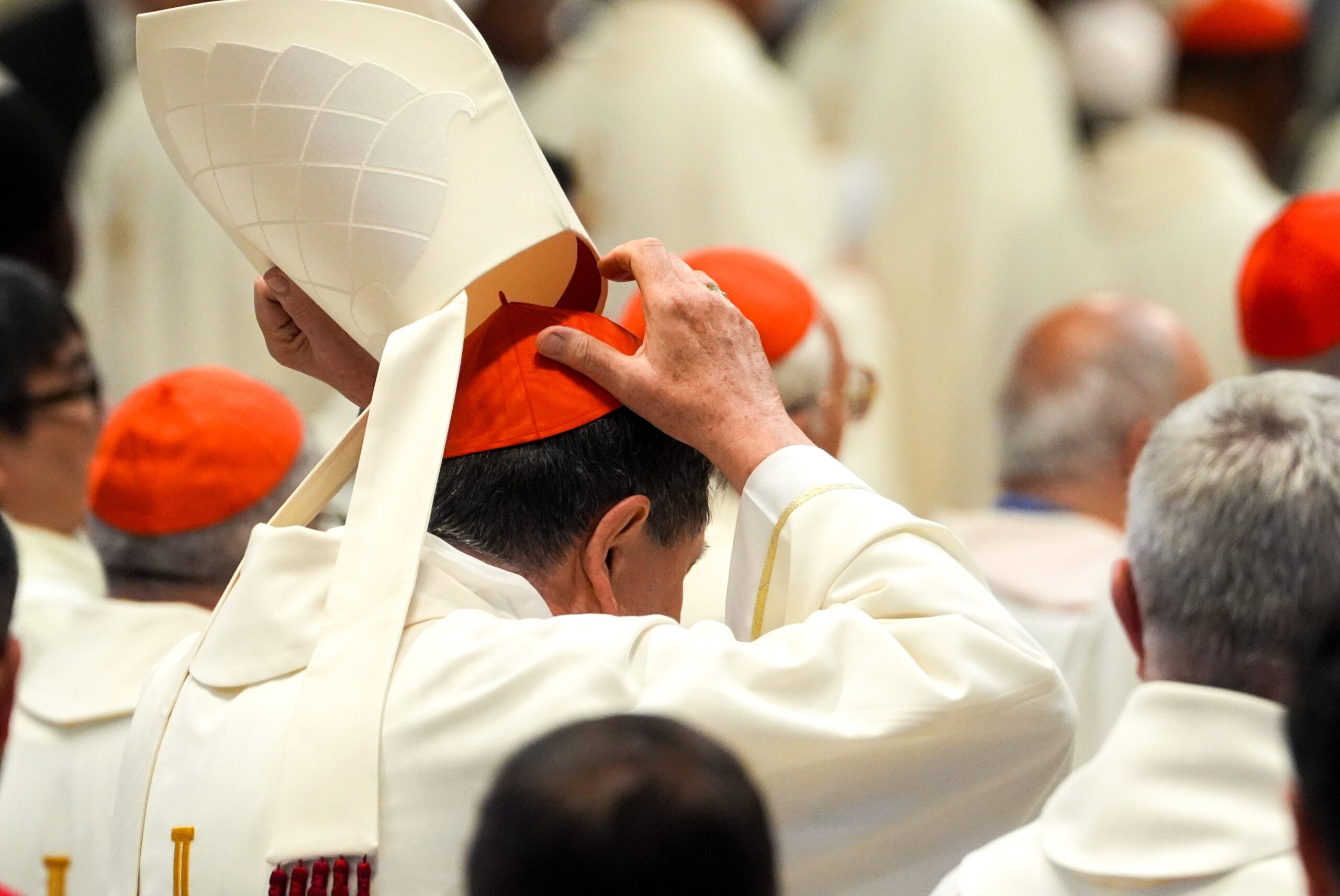Habits and Halos: Religious Orders Gather to Honor Pope Francis in Emotional Memorial Mass

Sister Mary T. Barron, a prominent religious leader serving as both superior of the Sisters of Our Lady of the Apostles and president of the International Union of Superiors General, spoke passionately about the profound impact of his pontificate. "His leadership was a beacon of hope and inspiration for all of us," she declared, her words resonating with deep reverence and admiration. Her statement illuminates the transformative influence of the religious leader's tenure, highlighting how his guidance and vision brought light and meaning to the lives of countless individuals within the religious community.
